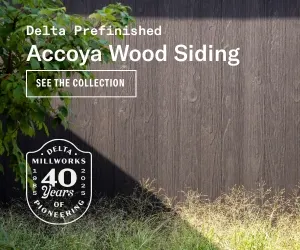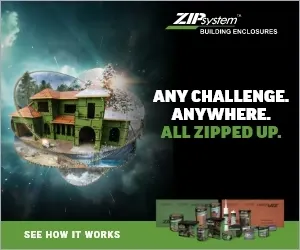What You Need to Know About Vinyl Plank Flooring
There’s a trend under foot: the increased use of durable and resilient vinyl plank flooring. Here, a wide range of products, price points and features meet style and functionality, accounting for its popularity.
Before you make your decision as to whether vinyl is right for you. Let’s dive into the specifics.
Installation
These floors have two basic install methods, full-spread adhesive and self-adhering. In the case of the latter, this is not a peel-and-stick adhering system. The blanks “stick” to each other by way of adhesive or a self-locking system, rather than adhering to the floor.
The downside to vinyl flooring installation is that removing can be quite difficult.
Given the variety of floor materials this floor can go over (concrete, for example), subfloor surface must be clean, flat, and dry. There is an emphasis on flat and any imperfections will be felt, even under thick vinyl plank. Installation can also be done over radiant heated floors if the heating element is not in contact with the product.
Depending on the style you choose, there are simple click-and-lock installation methods that don’t require glue.
Surface, Style, and Affordability
Featuring a wear layer that is immune to most scratches, stains and water issues, these floors can appear be tougher and more durable than hardwood and laminate, but they can also be punctured easily with sharp objects and aren’t as durable as they seem.
Affordability for the look they provide is certainly an advantage, though as they can also be used in places where you would love to see a wood floor, but its use is impractical such as basements, kitchens, bathrooms, restaurants and cafes. It also makes sense for pet owners, concerned what even minor accidents can do to a floor.
However, the topcoat is not UV resistant, so it can fade or discolor over time.
There are a wide range of offerings from a variety of manufacturers. You will want to have a good grasp of backing systems, types of warranties, waterproof or water resistant, UV stabilized to prevent fading and know if there is a built-in mold and mildew inhibitor.
Thickness is a good indicator of durability and the floors range from 2-mil thicknesses to 8 mils. Price can range from $.99 per square to more than five times that, or more.
Another major plus is maintenance. The floor is easily maintained with vacuuming, sweeping and weekly mopping with warm water and plain dish soap. Do however, pay attention to manufacturer cleaning recommendations based on the floor you purchase.
Environmental and Health Concerns
Back in 2015, Home Depot began phasing out toxic vinyl flooring after a study conducted by HealthyStuff.org tested 65 vinyl floors and discovered that more than half of them contained phthalates, a family of man-made chemical compounds used to manufacture plastics, solvents and personal care products. When heated, agitated or stored for long periods of time, phthalates can be released. There have been a few studies that revealed negative health effects of phthalates. This move came at around the same time as 60 Minutes investigation that revealed Lumber Liquidators had been selling laminated wood flooring with high levels of formaldehyde.
The Verdict
A major advantage of vinyl plank flooring is the fact that it is 100% water resistant. This makes it the ideal flooring solution for residential spaces such as basements, kitchens, bathrooms and commercial restaurants and cafes.
But, when weighed against the environmental and health impacts and difficulty that comes along with removal, vinyl floors may not be the best option. Proceed with caution if you are considering a vinyl floor!

 Share on facebook
Share on facebook Tweet
Tweet Email
Email Share on Linkedin
Share on Linkedin


















